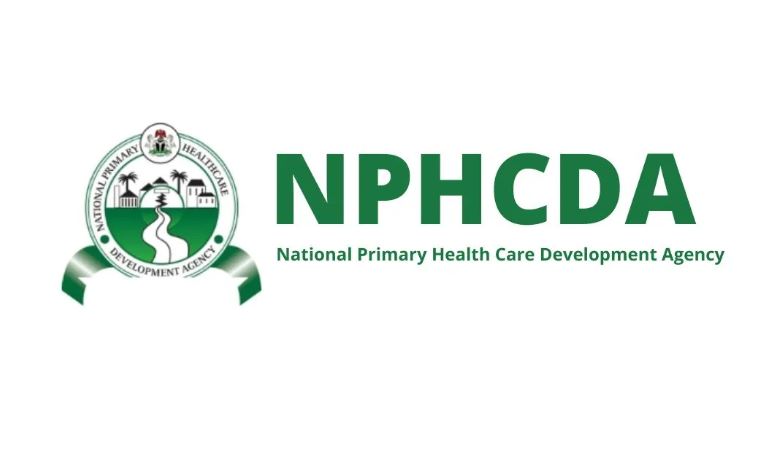By Iyemah David
The National Primary Health Care Development Agency (NPHCDA) has outlined its priorities to reposition Nigeria’s Primary Health Care (PHC) system and tackle critical health challenges.
The Chief Executive Officer of NPHCDA, Dr Muyi Aina, said this on Monday in an interview with newsmen in Abuja.
He highlighted the agency’s top three goals: improving PHC functionality and expanding coverage, increasing the quality and capacity of health workers, and implementing targeted interventions to reduce maternal and under-five mortality rates.
According to him, the agency aims to revamp PHCs by expanding the Basic Health Care Provision Fund (BHCPF) facilities from 8,400 to 17,600 over the next few years.
“This includes investing in dignified infrastructure, 24-hour services powered by solar energy, and accommodation for healthcare workers.
“President Bola Tinubu has shown commitment by increasing the health sector budget for 2024, which is the highest ever.
“This funding is enabling us to revitalise PHCs with better infrastructure, essential medicines, and motivated health workers,” he said.
To tackle the shortage of healthcare workers, Dr Aina said that the agency had launched a large-scale retraining programme for 120,000 frontline health workers over four years.
“Already, 43,000 workers have been trained under this initiative. Efforts are also being made to improve staff retention by creating a conducive working environment, providing accommodation, and offering special incentives for rural workers,” he said.
Dr Aina added said that in line with Tinubu’s commitment to reduce maternal mortality, the agency had rolled out the Maternal Mortality Reduction Initiative, which includes free caesarean sections for eligible Nigerians.
“PHCs are also being equipped to handle both infectious and non-communicable diseases, with services like diabetes and hypertension screening integrated into their operations,” he said.
He acknowledged past challenges, such as poor funding and coordination among federal, state, and non-governmental actors.
He, however, said that the Federal Ministry of Health had introduced a sector-wide approach to unify efforts and maximise resources.
“The agency has also partnered with the Independent Corrupt Practices and Other Related Offences Commission (ICPC), and the Department of State Services to ensure transparency and accountability in fund management,” he said.
Highlighting the importance of community involvement, adding that the agency works closely with community-based organisations and traditional leaders to influence behaviour change and expand service delivery.
Reacting to the agency’s ambitious goals and ongoing reforms, some stakeholders said that it signalled a new era for Nigeria’s PHC system.
They said that it aimed to ensure that every Nigerian, regardless of location or income, can access quality healthcare services.




